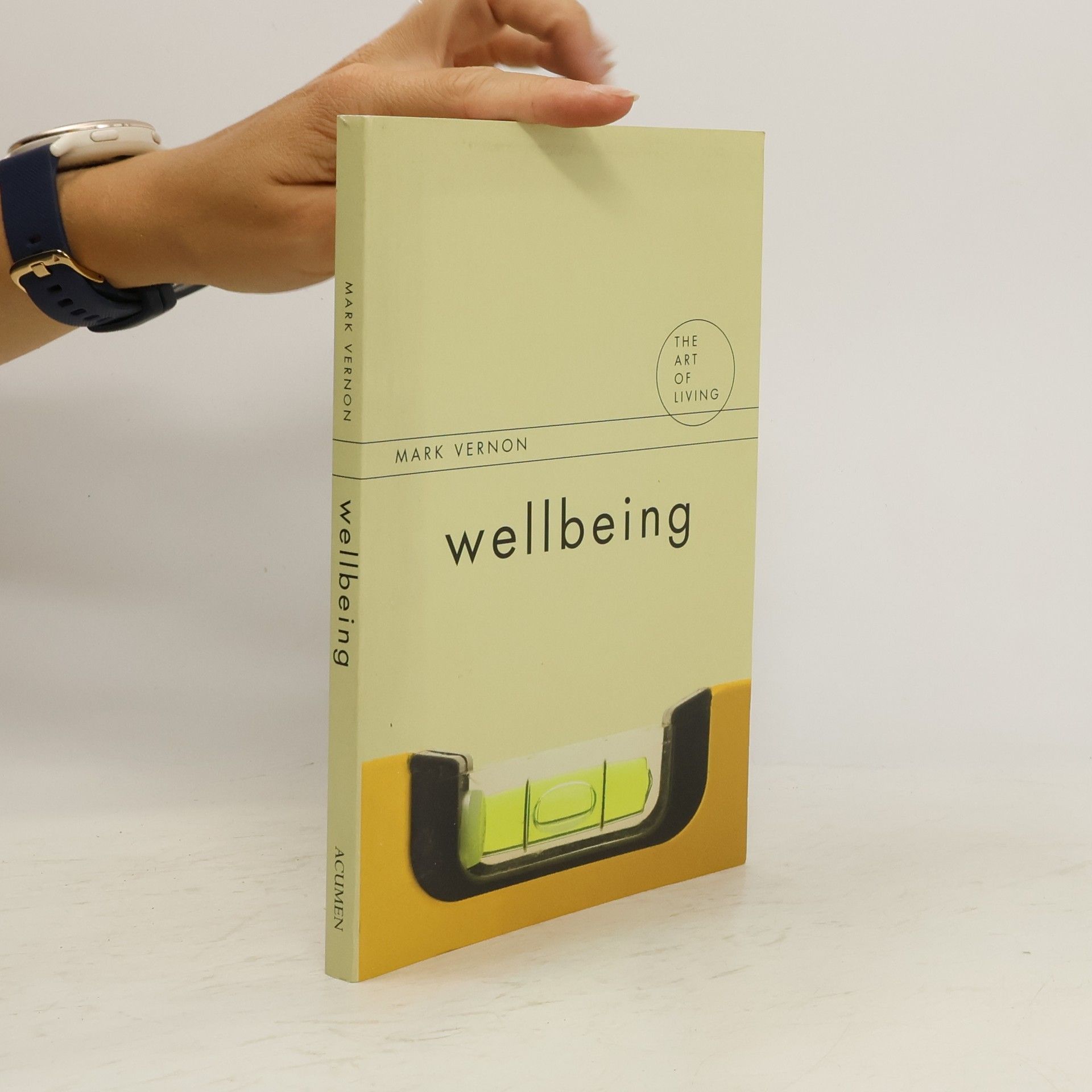Die großen Fragen - Gott
- 203 Seiten
- 8 Lesestunden
Die großen Fragen behandeln grundlegende Probleme und Konzepte in Wissenschaft und Philosophie, die Forscher und Denker seit jeher umtreiben. Anspruch der ambitionierten Reihe ist es, die Antworten auf diese Fragen zu präsentieren und damit die wichtigsten Gedanken der Menschheit in einzigartigen Übersichten zu bündeln. Im vorliegenden Band Gott widmet sich Mark Vernon 20 bedeutenden Fragen zu Glaube, Religion und Spiritualität.



